Electric vehicles are no longer a niche market. From luxury sedans to affordable hatchbacks, there's an EV for every taste and need. But with so many up and coming brands as well as traditional ones, which ones truly stand out? Who can compete with Tesla? Here's our comprehensive guide to the best electric car brands and manufacturers leading the charge in 2024.
Tesla
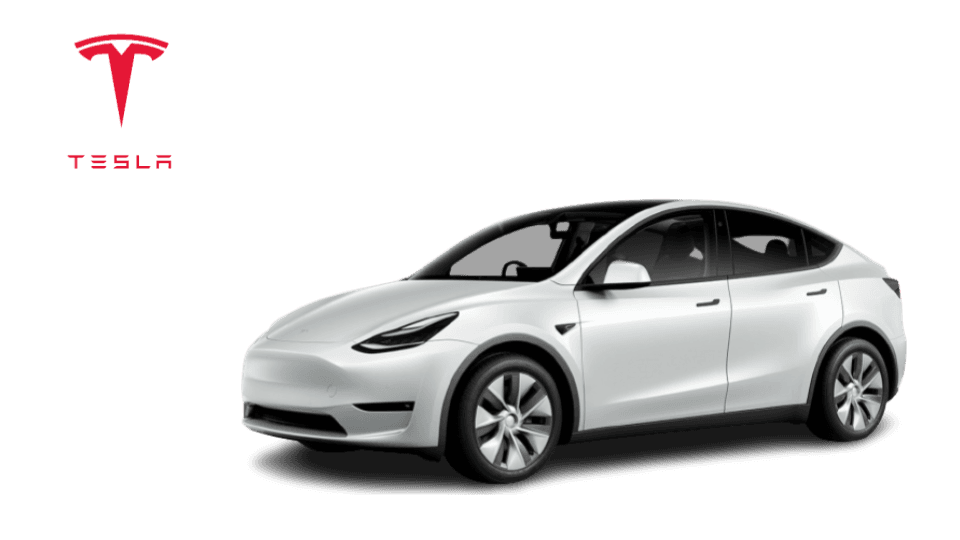
- Brands: Tesla
- Established: 2003
- Location: San Carlos, California, United States
- Manufactures: BEV
- Enterprise Value (US $B): $1,030
Tesla is synonymous with the modern electric car movement. Spearheaded by the charismatic Elon Musk, Tesla has continuously set benchmarks for range, performance, and technological innovation.
Since being founded in 2003, they have been the most influential company in terms of bringing electric vehicles into the mainstream. The popular Tesla Model 3 has propelled its success, being released in the USA in 2017 and making its way to Australia in 2019.
Today, the American company offers four models ranging from an entry-level small sedan to high-end family SUV. Tesla’s most affordable model is the Model 3 sedan, with its Model Y medium crossover twin poised to overtake the Model 3 as the most popular electric car model in Australia. It also sells facelifted versions of the Model S large liftback and Model X large SUV overseas.
Tesla vehicles are known – often infamously – for their driver technology assistance systems (Autopilot beta), their expansive Supercharger network, and using a lithium-iron-phosphate (LFP) battery in their entry-level variants. Tesla's electric car models include:
BYD
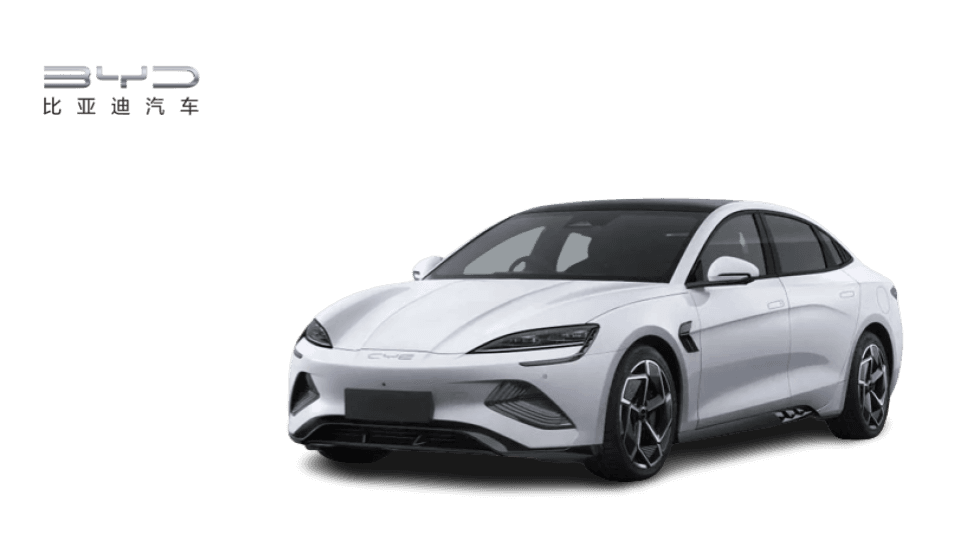
- Brands: BYD, Denza
- Established: 2003
- Location: Shenzen, China
- Manufactures: BEV, PHEV, HEV
- Enterprise Value (US $B): $112.3
Build Your Dreams (BYD) Auto is an electric vehicle manufacturer to watch out for. Founded in 2003, it is China’s largest electric car company and rapidly expanding its presence globally. The company's approach to electrification is aggressive and competitive, threatening to challenge Tesla's dominance with attractive models like the BYD Dolphin.
In its home market, it offers full battery-electric and plug-in-hybrid (PHEV) models ranging from the BYD Dolphin small hatchback to BYD Tang large SUV. Using an independent distributor, it debuted the BYD Atto 3 small crossover in Australia with an affordable price tag below $50K, a dedicated third-generation EV architecture, and over-the-air (OTA) software update capabilities. BYD Auto also produces and exports battery-electric buses, trucks and vans.
All BYD electric cars feature its in-house Blade Battery based on LFP chemistry that is claimed to be more durable and safer than conventional packs, a large rotating infotainment system, and a quirky BYD Design theme. Notable BYD electric car models include:
- Atto 3 (Yuan Plus)
- Dolphin
- Seal
- Han
- Song
- Tang
Hyundai
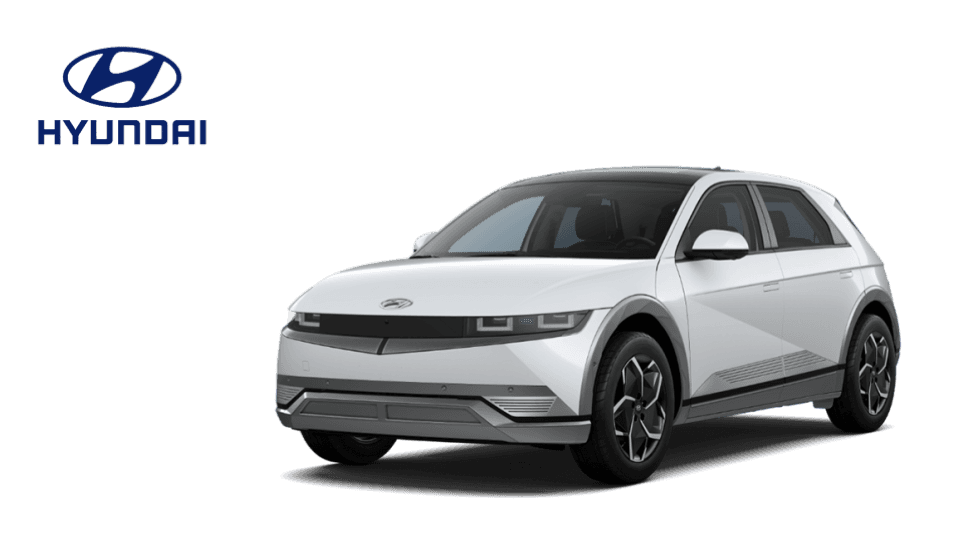
- Brands: Hyundai, Genesis
- Established: 1967
- Location: Seoul, South Korea
- Manufactures: BEV, PHEV, FCEV
- Enterprise Value (US $B): $99.1
South Korean car manufacturer Hyundai has established itself as one of the leaders in the electric car market since 2016.
Since the introduction of the Hyundai Ioniq Electric small liftback in 2016 and Hyundai Kona Electric small crossover in 2018 boasting more affordable price tags and highly efficient electric motors, the automaker is now introducing a dedicated Ioniq line-up based on its Electric Global Modular Platform (E-GMP).
This includes the retro-looking Ioniq 5 medium crossover, with the Ioniq 6 large sedan and Ioniq 7 large SUV set to follow. All feature pixel design motifs, practical interior designs, and ultra rapid 800-volt class charging speeds. Hyundai's electric car models include:
- Ioniq Electric (discontinued)
- Kona Electric
- Ioniq 5
- Ioniq 6
➡️CHECK OUT: 2022 Hyundai Kona Electric Extended Range
Kia
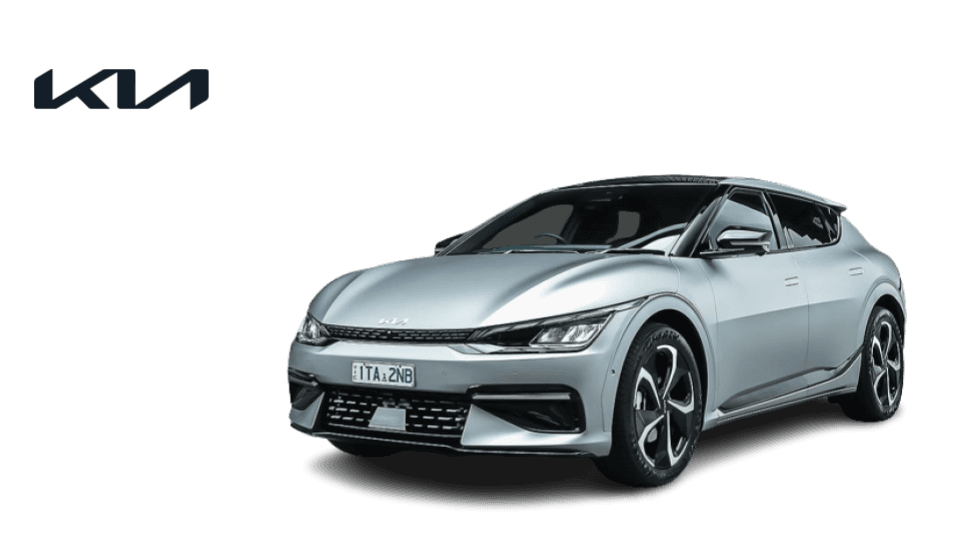
- Brands: Kia
- Established: 1944
- Location: Seoul, South Korea
- Manufactures: BEV, PHEV,FCEV
- Enterprise Value (US $B): $99.1
Like its sister company Hyundai, Kia has quickly positioned itself as a leading electric car manufacturer. It has been successful in transferring its excellent track record in reliability, industry-leading warranty provisions, and evolutionising its design language to electric cars.
It released the first-generation Kia Soul EV overseas back in 2014 and introduced the popular Kia Niro EV (called e-Niro in Europe) in 2017.
Now, the highly-acclaimed Kia EV6, released in 2021, is marketed as the South Korean brand’s flagship model based on the bespoke E-GMP platform with a sleek sporty design, high-performance GT model, and ultra rapid charging capability.
A dedicated EV line-up is set to follow, but the traditional Niro EV badge will remain as it recently entered its second-generation. Kia's electric car models include:
➡️CHECK OUT: 2022 Kia EV6 GT-Line AWD review
➡️CHECK OUT: 2023 Kia Niro EV GT-Line review
Nissan
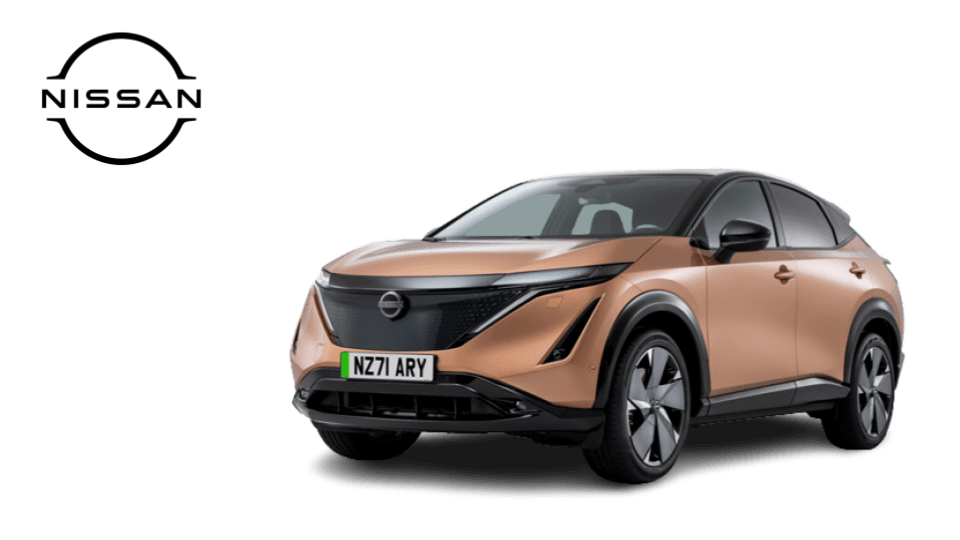
- Brands: Nissan, Infiniti, Datsun
- Established: 1993
- Location: Yokohama, Kanagawa, Japan
- Manufactures: BEV, HEV
- Enterprise Value (US $B): $69.4
Japanese car maker Nissan has been an early proponent of electric cars. It launched the first-generation Nissan Leaf in 2011 as a small pure-electric hatchback with e-Pedal one pedal driving, aerodynamic design, and fast charging capabilities via its CHAdeMO port. At the time, It became one of the world’s best selling EVs, directly rivalling the more expensive Tesla Model S large sedan.
In 2018, the automaker released the second-gen Leaf and is now debuting the Ariya as its first electric SUV overseas underpinned by the Renault-Nissan-Mitsubishi Alliance’s CMF-EV platform.
It is also expanding its e-Power series hybrid powertrain to mainstream models like the Qashqai and X-Trail. It provides the driving experience of an electric vehicle without the need to charge by using an internal combustion engine to charge the battery and electric motor to drive the wheels.
Nissan places a larger emphasis on making more affordable electric cars, which is reflected in the popular trend of importing Japanese Domestic Market (JDM) Leaf’s to Australia. Nissan’s electric car models include:
- Leaf
- e-NV200
- Ariya
BMW
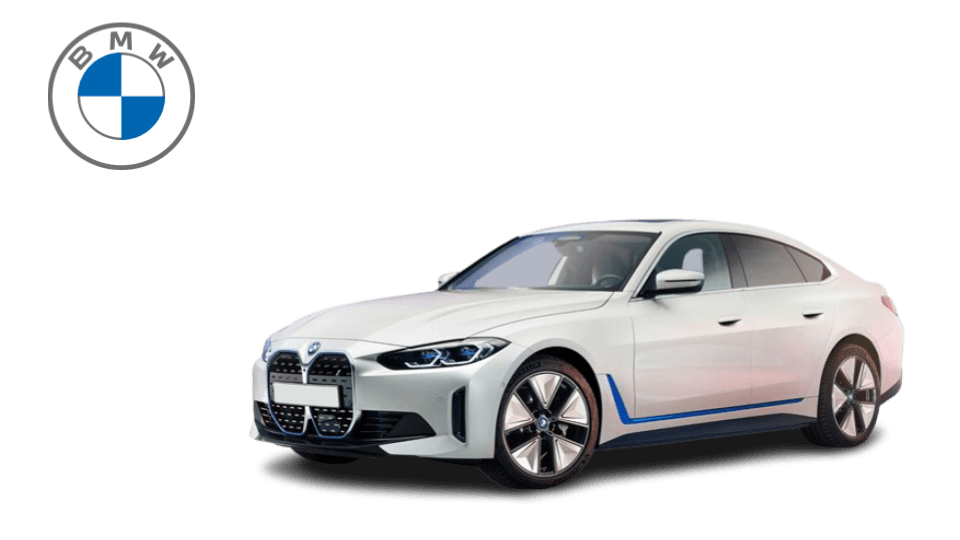
- Brands: BMW, Mini, Rolls-Royce
- Established: 1916
- Location: Munich, Germany
- Manufactures: BEV, PHEV, FCEV
- Enterprise Value (US $B): $127.7
BMW has been a key pioneer of electric cars. It released the quirky BMW i3 city car in 2013 featuring a dedicated EV platform using a lightweight carbon fibre reinforced polymer frame, unique ‘suicide’ rear doors, and even offered a frunk storage space. A range extender (REx) model could also prolong its driving range using a small engine to generate charge.
Being a traditional mainstay of luxury vehicles, the Barvarian automaker is widening its EV portfolio into its mainstream line-up with models like the BMW i4, iX3, iX and i7. However, it stopped producing the i3 this year.
BMW is set to introduce a new dedicated Neue Klasse architecture in 2025. BMW’s electric car models include:
Geely
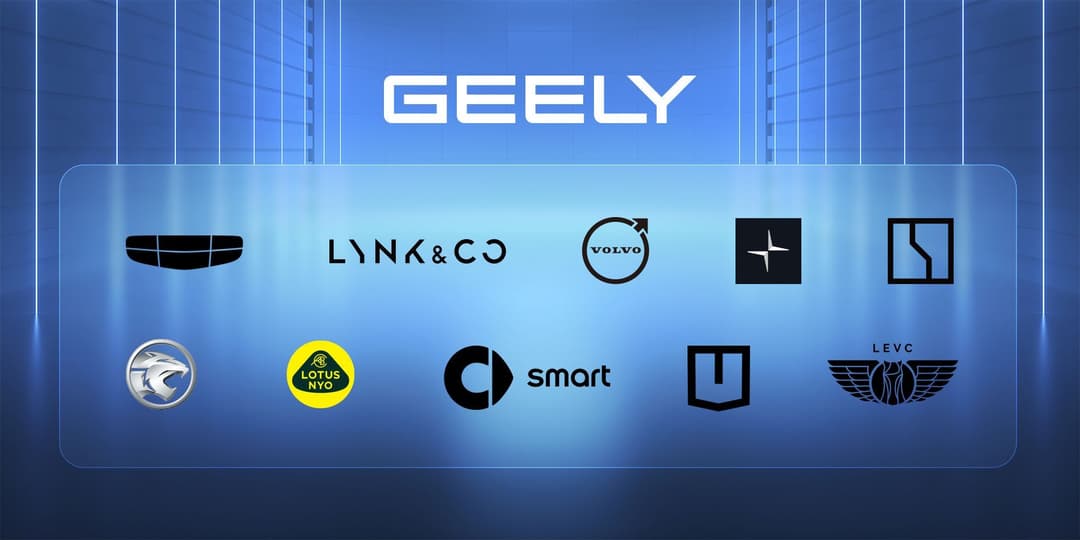
- Brands: Geely, Volvo, Lotus, Polestar, Lynk & Co, London EV, Shanghai Maple, Emerald, Yuan Cheng, Proton
- Established: 1986
- Location: Taizhou, China
- Manufactures: BEV, PHEV, FCEV
- Enterprise Value (US $B): $29.2
Chinese conglomerate Geely Auto owns (or is associated) with a range of car brands including Radar, Lynk & Co, Lotus, Smart, Volvo Cars, Polestar, London Electric Vehicle Company (LEVC) and more in addition to its own Geely brand in China.
Founded in 1986, it entered the automotive industry in 1997 with internal combustion engine models. It is now developing PHEV and full EV models ranging from small cars to premium utes and passenger buses. Notable Geely electric car models include:
- Volvo XC40 Recharge
- Volvo C40 Recharge
- Polestar 2
- Polestar 3
- Lotus Evija
- LEVC TX
- Lynk & Co 01
- Geometry A
- Radar RD6
General Motors
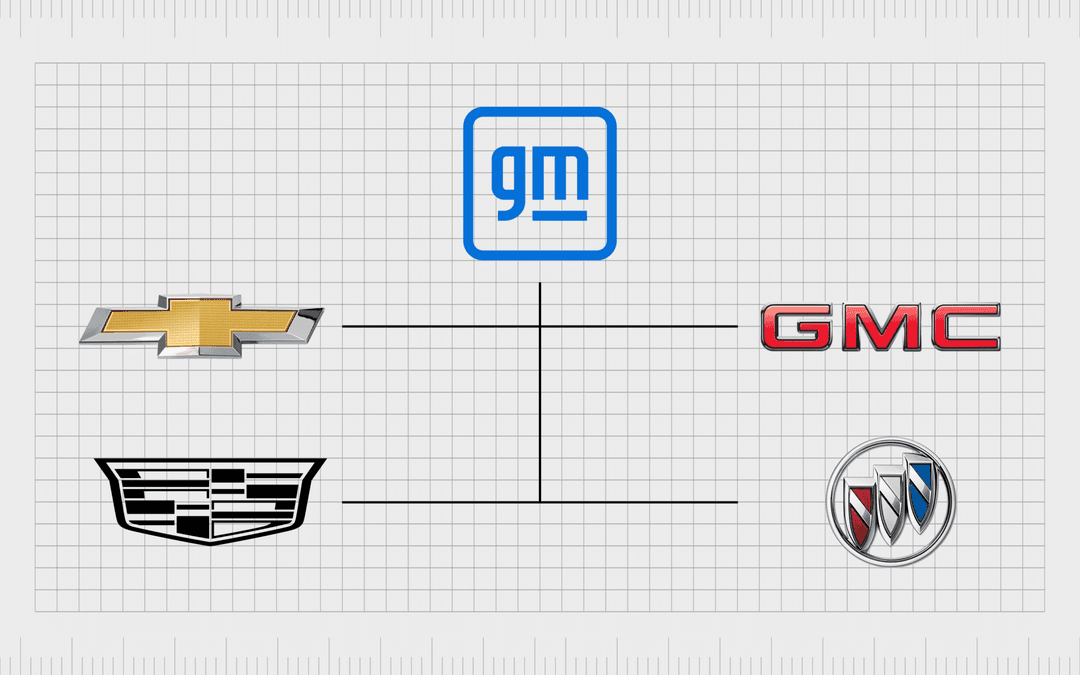
- Brands: Chevrolet, GMC, Cadillac, Pontiac, Oldsmobile Hummer
- Established: 1908
- Location: Flint, Michigan, United States
- Manufactures: BEV, PHEV
General Motors (GM) is a multinational corporation and one of the world's largest automakers, based in Detroit, Michigan. The company was founded in 1908 and has since grown into a leading producer of cars and trucks.
The automaker has an ambitious goal to sell one million EVs by 2025 in its North American and Chinese markets, which expects to generate around $50 billion in revenue annually.
In China, its joint venture with SAIC and Wuling is behind the best-selling electric car in CHina the Wuling Mini EV.
Rivian
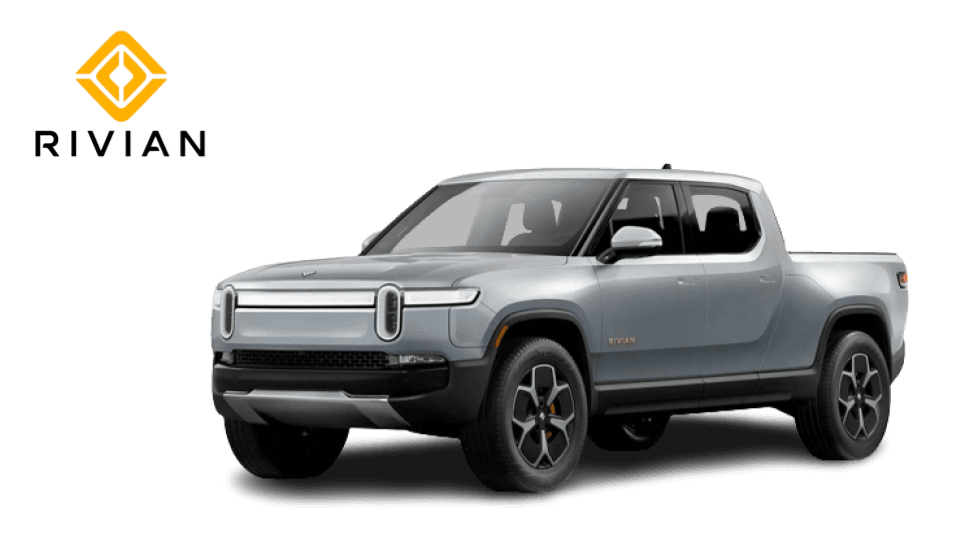
- Brands: Rivian
- Established: 2009
- Location: Irvine, California, United States
- Manufactures: BEV
- Enterprise Value (US $B): $126.2
American startup Rivian is vying with Tesla, but with an off-road lifestyle focus similar to Jeep.
Founded in 2009, it has since gained investments from Ford and Amazon. It started delivering vehicles in 2021 with the R1T ute with a power operated frunk, its own proprietary infotainment software and more.
However, Rivian electric cars are sold in the USA only for now. Rivian’s electric car models include:
- R1T
- R1S
- Amazon delivery van
Volkswagen Group
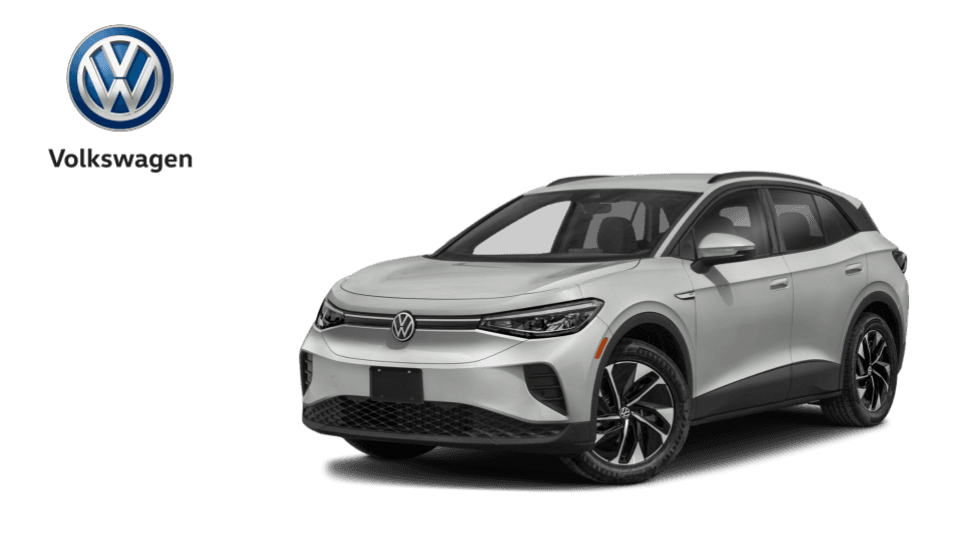
- Brands: VW, Audi, Porsche, Skoda, Lamborghini, Bentley, Scania, Seat, Bugatti, Ducati, Man, Cupra, Neoplan, VWN
- Established: 1937
- Location: Berlin, Germany
- Manufactures: BEV, PHEV
- Enterprise Value (US $B): $237.2
Stuttgart automaker Volkswagen Group is gaining traction in the electric vehicle space.
Its first battery-electric Volkswagen Elektro Transporter concept began testing in 1972 and the e-Golf became its first mass market EV overseas in 2015 based on the Mk7 hatchback.
Volkswagen is now branching into EVs based on a dedicated Modular Electric Toolkit (MEB) platform, with models such as the Volkswagen ID.4 medium SUV which is due to land in Australia in late 2023 or early 2024.
The Volkswagen Group is also spearheading a range of other electric models, including the popular Porsche Taycan performance coupe and wagon, Audi e-Tron and e-Tron Sportback SUVs, and Cupra Born small hatch coming Down Under in early 2023. Notable Volkswagen Group electric car models include:
- Volkswagen ID.3
- Volkswagen ID.4
- Volkswagen ID.5
- Volkswagen ID. Buzz
- Cupra Born
- Audi Q4 e-Tron
- Audi e-Tron
- Audi e-Tron GT
- Porsche Taycan
Methodology for selecting the best electric car companies
Zecar took into account a number of factors including company valuation, market share, influence on the industry, early players in the EV space, innovation around battery, charging and technologies, and more.
Read More ➡️
📏 Top 5 Electric Cars by Range
About the author
Stay up to date with the latest EV news
- Get the latest news and update
- New EV model releases
- Get money savings-deal

